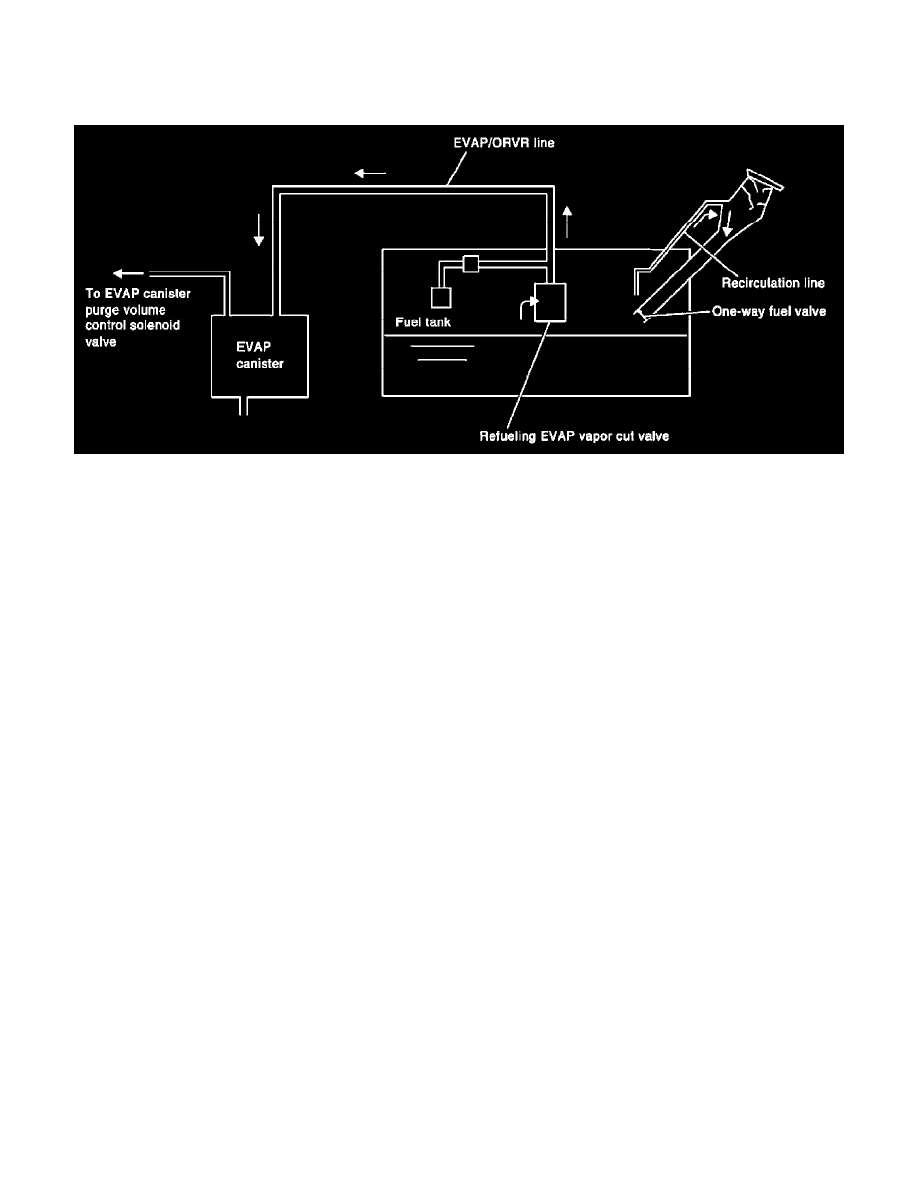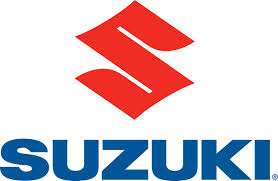Equator 2WD V6-4.0L (2009)

Refueling Vapor Recovery System: Testing and Inspection
On Board Refueling Vapor Recovery (ORVR) Circuit Check
System Description
From the beginning of refueling, the air and vapor inside the fuel tank go through refueling EVAP vapor cut valve and EVAP/ORVR line to the EVAP
canister. The vapor is absorbed by the EVAP canister and the air is released to the atmosphere.
When the refueling has reached the full level of the fuel tank, the refueling EVAP vapor cut valve is closed and refueling is stopped because of auto
shut-off. The vapor which was absorbed by the EVAP canister is purged during driving.
WARNING:
When conducting inspections below, always observe the following:
-
Put a "CAUTION: FLAMMABLE" sign in workshop.
-
Never smoke while servicing fuel system. Keep open flames and sparks away from work area.
-
Always furnish the workshop with a CO2 fire extinguisher.
CAUTION:
-
Before removing fuel line parts, carry out the following procedures:
a. Put drained fuel in an explosion-proof container and put lid on securely.
b. Release fuel pressure from fuel line. Refer to [Fuel Pressure Check:VQ40DE]. See: Fuel Delivery and Air Induction/Fuel
Pressure/Testing and Inspection
c. Disconnect battery negative cable.
-
Always replace O-ring when the fuel gauge retainer is removed.
-
Never kink or twist hose and tube when they are installed.
-
Never tighten hose and clamps excessively to avoid damaging hoses.
-
After installation, run engine and check for fuel leaks at connection.
-
Never attempt to top off the fuel tank after the fuel pump nozzle shuts off automatically.
Continued refueling may cause fuel overflow, resulting in fuel spray and possibly a fire.
Diagnosis Procedure
SYMPTOM: FUEL ODOR FROM EVAP CANISTER IS STRONG.
